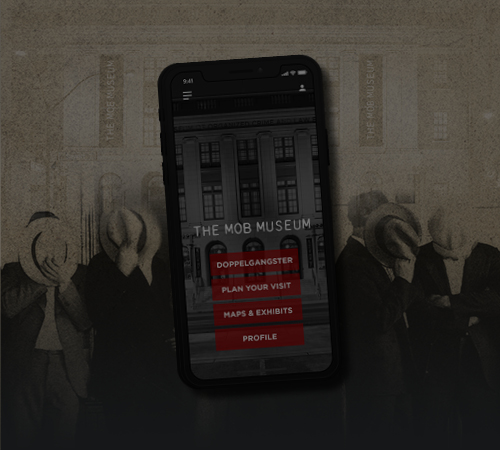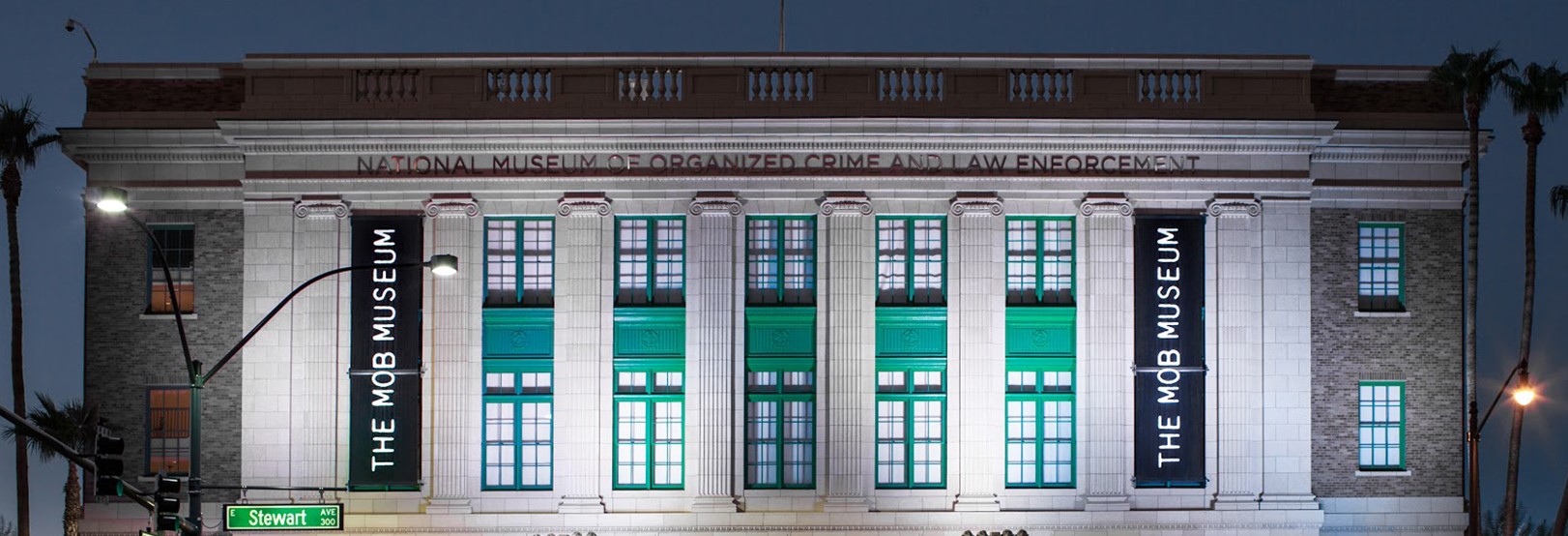
‘The Many Saints of Newark’ brings ‘Sopranos’ saga to the big screen
Long-awaited prequel stars Michael Gandolfini as young Tony Soprano
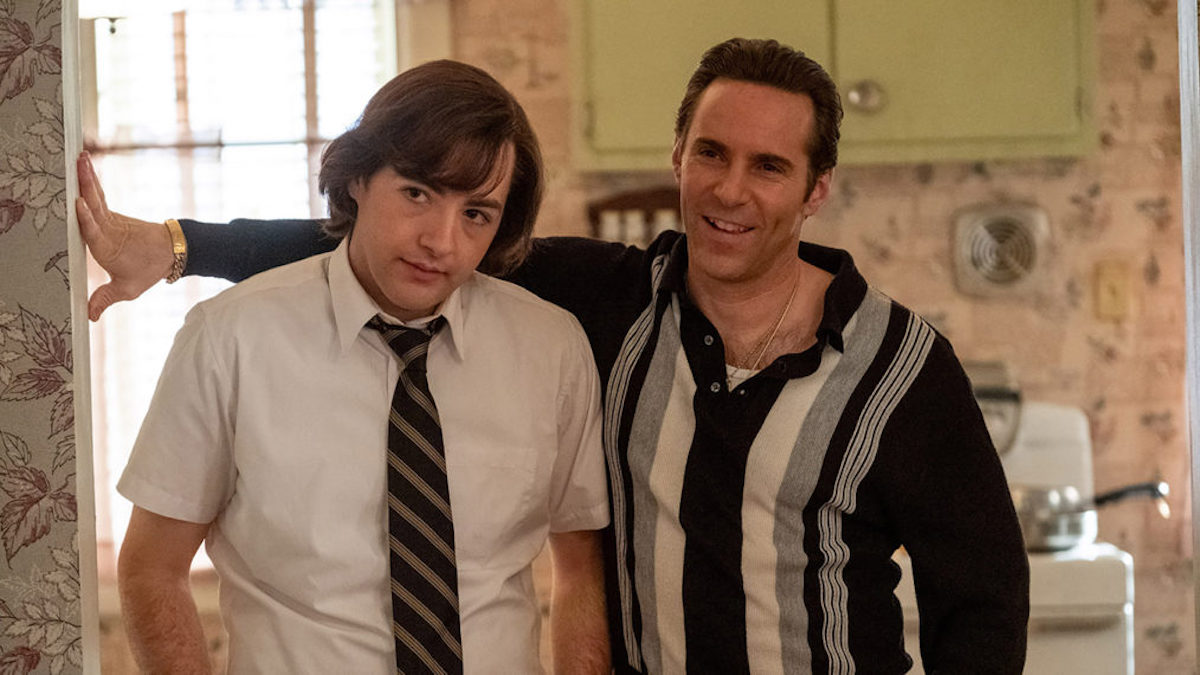
From his work infiltrating real-life Soprano-type mobsters in New Jersey, former FBI task force undercover officer Giovanni Rocco knows “the underworld is filled with treachery, violent criminal acts, victimization and greed.”
That lifestyle can take a toll, he said, even leading a few to seek help from mental health specialists as fictional New Jersey mobster Tony Soprano does in the six-season HBO series.
“During my career, I have had conversations with several mobsters who I have either arrested or handled as a cooperating government witness,” Rocco said. “On many occasions, they have expressed feelings of guilt and remorse for what they have done. They often struggle with the choices they have made in life, especially as they are on in their years.”
The October 1 release of The Many Saints of Newark, a movie prequel based on The Sopranos series, has revived interest in the show’s portrayal of Mafia figures. The television series is credited with changing the way mobsters are depicted in popular culture, especially in its intimate look at boss Tony Soprano’s family life, including his panic attacks and therapy sessions. The 86-episode series, created by David Chase, aired on the cable network from 1999 to 2007. Chase co-wrote the movie prequel with Lawrence Konner.
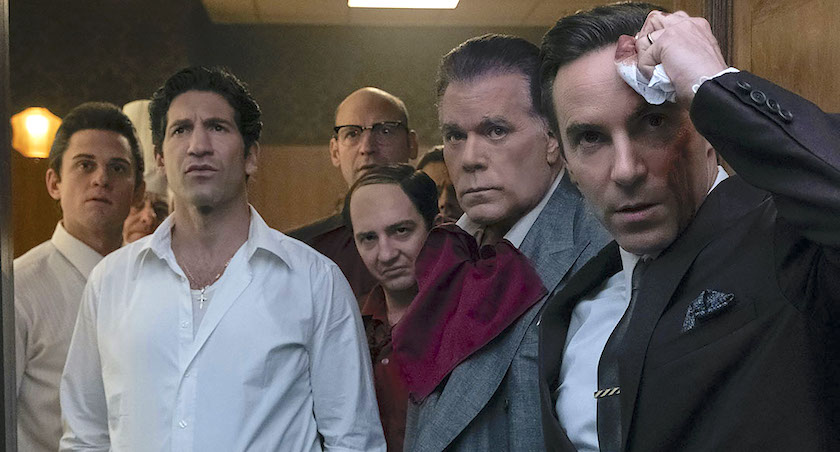
The film takes place amid strife between the Black and Italian-American communities in 1960s Newark, a major New Jersey port and transportation hub near New York City. The movie winds the clock back to when the characters in the HBO series were younger.
James Gandolfini, who portrayed Tony Soprano in the HBO series, died in 2013 of a heart attack while in Rome. He was 51. In The Many Saints of Newark, his son, 22-year-old Michael Gandolfini, plays a young Tony Soprano.
The human side
Leading up to the movie’s premiere, people familiar with the televised series, and others who dealt with real-life New Jersey and New York mobsters, have reflected on the show’s legacy. Mob historian Casey McBride said what he finds most interesting about the series is the “human side” that comes out in the characters. A Portland, Oregon, musician, McBride has recorded an album of songs, Gangsters and Ghosts Vol 1, about historical Mafia members.
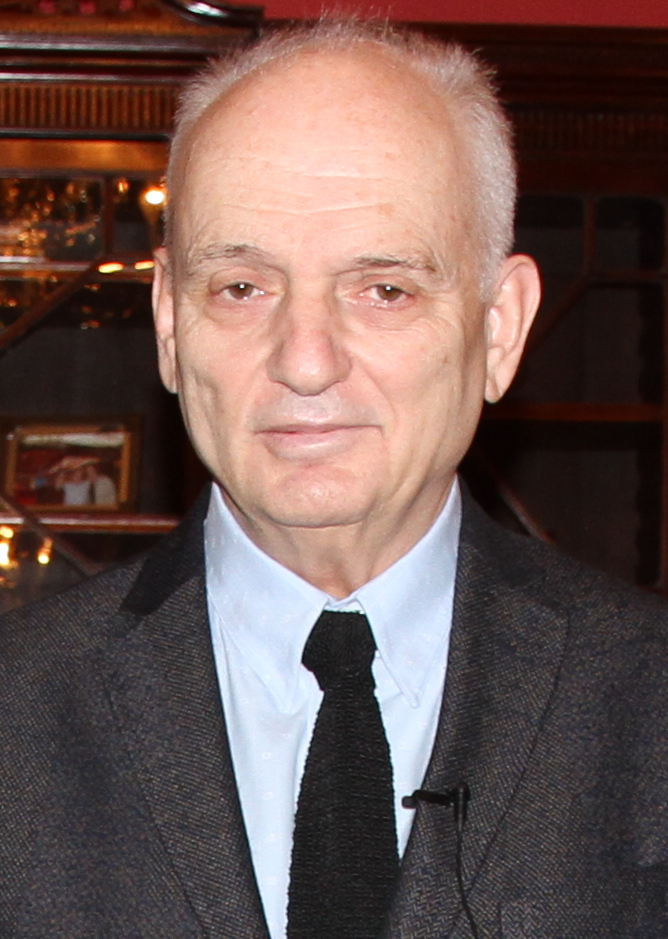
“The Sopranos showed another side of the life,” McBride said. “How The Sopranos adapted bits of history and humanity into the storyline very much added to its realism.”
McBride already was a fan of the show when he leaned that Frank Costello, a high-ranking East Coast mobster who died in 1973, had seen a therapist at one point. McBride is administrator of Uncle Frank’s Place on Facebook and Instagram. The sites include background information on Costello and photographs of the influential, well-connected mobster who was known as the Prime Minister of the Underworld.
Costello’s sessions with his therapist took place during walks through Manhattan’s Central Park, McBride said. “Costello’s ulcer and bouts with insomnia prompted their sessions,” McBride said. “In 1949, Costello hosted a fundraising event for the Salvation Army at his Copacabana Club. Costello’s therapist was in attendance, and when asked by a reporter who he was, he let it slip that Costello was his patient.”
When that information came out, “it caused the Mob boss to become enraged, something his associates said they rarely saw,” McBride said. Costello severed his relationship with the therapist.
McBride said the character portrayals in The Sopranos have made him a permanent fan.
Intimidation tactics
Many people looking for similarities between the Sopranos and their real-life counterparts point to the Boiardo and DeCavalcante families in New Jersey.
Rocco said he sees in Tony Soprano various mobsters he knew as an undercover agent working the streets. His book Giovanni’s Ring: My Life Inside the Real Sopranos, co-written with attorney and novelist Douglas Schofield, tells the story of Rocco’s undercover work. Rocco is a pen name he uses to protect his identity. He lives in an undisclosed location.
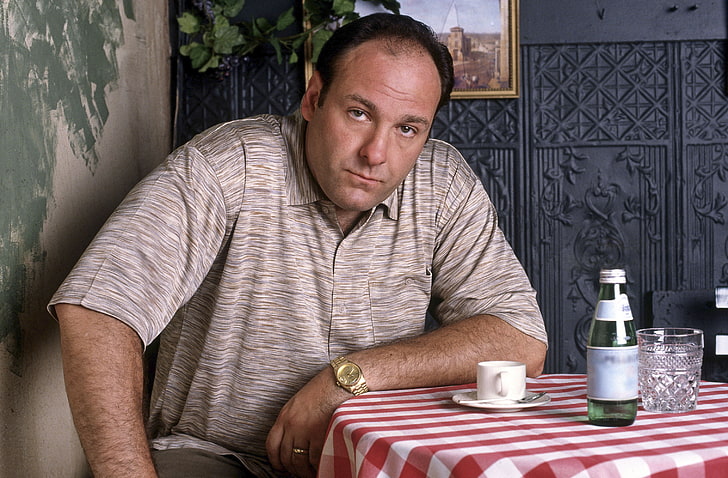
“Tony Soprano is a compilation of real people I knew growing up or investigated and arrested during my career,” he said.
Rocco, who spoke at The Mob Museum in June, said the attention to detail is what sets The Sopranos apart — the vernacular, family relationships and one-liners “that drew us in every week no matter what was going on in our lives.”
“Each character had an individual story and played a part within the crime family’s story that sucked us in even more,” he said.
Bob Delaney, a former undercover New Jersey state trooper, said The Sopranos is a realistic show. Delaney investigated the Mob for more than a decade and ran the New Jersey State Police Institute on Organized Criminal Groups. He later became a longtime NBA referee.
Delaney’s book about his undercover experiences, Covert: My Years Infiltrating the Mob, was written with journalist Dave Scheiber. Delaney and Scheiber collaborated on a second book, Surviving the Shadows: A Journey of Hope into Post-Traumatic Stress. Delaney spoke at The Mob Museum in 2016.
In his police work, Delaney witnessed how mobsters use intimidation and the threat of violence to exert their authority and maintain control. “The intimidations that take place are what is so powerful about this group,” he said. “That, I saw on a daily basis.”
Sometimes the intimidation tactics become deadly. “In Tony Soprano’s world, he eliminates the competition with a bullet to the head,” Delaney said.
Family life
The family relationships on display in the fictional Sopranos world resemble some of those in real New Jersey crime families, including the Boiardos.
Family leader Anthony “Tony Boy” Boiardo saw a psychiatrist as he struggled with the strain of managing a criminal enterprise, according to Richard Linnett, author of In the Godfather Garden: The Long Life and Times of Richie ‘The Boot’ Boiardo.
Tony Boy was the son of powerful New Jersey mobster Richie ‘The Boot’ Boiardo.
Linnett told the New York Post that Tony Boy “worked with a therapist who had been a military doctor, specializing in PTSD.”
“Tony Boy was dealing with the stress of being the Boot’s son and running a Mob family, which he was ill-equipped to do,” Linnett said.
Tony Soprano’s difficulties in running a crime family, and his use of therapy sessions to cope with stress, add a dimension to The Sopranos that still comes up in conversations, even 14 years after the series ended. The Many Saints of Newark is bound to keep the conversation going.
Larry Henry is a veteran print and broadcast journalist. He served as press secretary for Nevada Governor Bob Miller, and was political editor at the Las Vegas Sun and managing editor at KFSM-TV, the CBS affiliate in Northwest Arkansas. The Mob in Pop Culture blog appears monthly.
Feedback or questions? Email blog@themobmuseum.org

